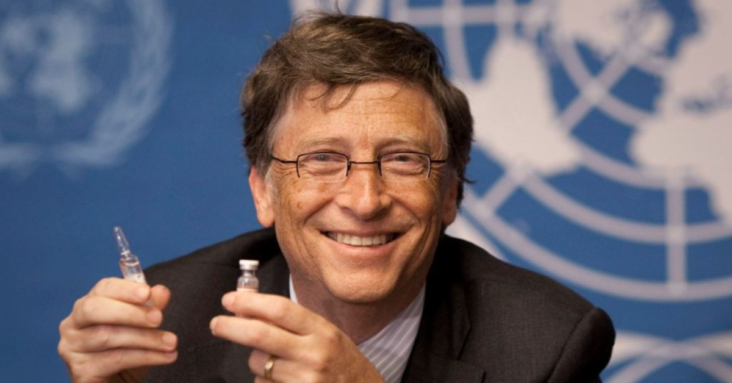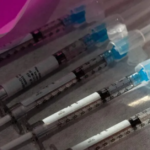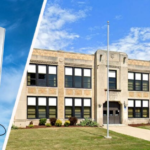
Microsoft co-founder Bill Gates has provided funding for the development of a new COVID-19 vaccine, SKYCovion, which has recently gained regulatory approval from the UK Medicines and Healthcare Products Regulatory Agency (MHRA). The vaccine is now authorized for use in multiple countries globally, with a particular focus on underdeveloped nations.
Developed in South Korea, SKYCovion combines a portion of the SARS-CoV-2 virus spike protein with GSK’s AS03 adjuvant technology in a self-assembled nanoparticle vaccine. However, it is important to note that the MHRA has highlighted several critical points regarding the vaccine’s use and limitations.
The duration of protection provided by SKYCovion is still being determined, as ongoing clinical trials continue to assess its efficacy. The vaccine’s effectiveness and safety have not been evaluated in immunocompromised individuals, including those undergoing immunosuppressant therapy. Furthermore, the vaccine’s impact on pregnant women and whether it is excreted in breast milk remain unknown.
Professor Norman Fenton, a renowned British scientist, has expressed concerns about the vaccine’s approval and is submitting a Freedom of Information request to MHRA Chief Executive June Raine to seek clarifications. Fenton believes the vaccine’s expedited approval warrants intense scrutiny.
The patient information leaflet highlights various potential side effects, and it emphasizes that two doses are required, with a 28-day interval between them. Following the second dose, a 15-minute observation period is recommended.
It is noteworthy that SKYCovion has not received approval from any other Western country thus far. However, the European Commission is reportedly considering its rollout across EU nations.
It is also worth mentioning that investigations conducted in July 2021 revealed that the Bill & Melinda Gates Foundation, of which Bill Gates is a primary funder, holds shares in leading vaccine manufacturers Pfizer and BioNTech. Additionally, the foundation purchased $55 million worth of BioNTech shares shortly before the onset of the COVID-19 pandemic in September 2019.



